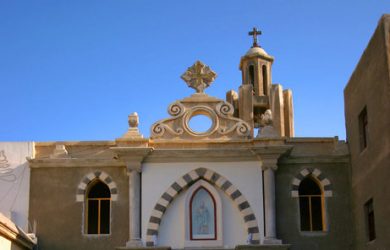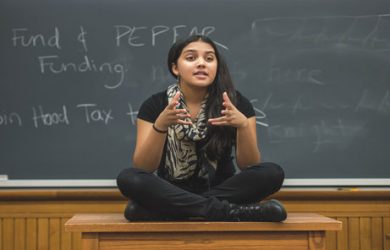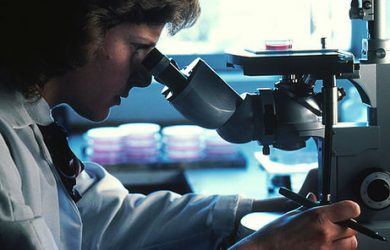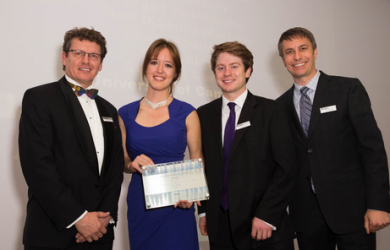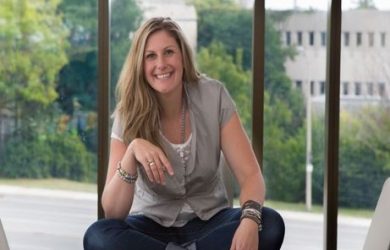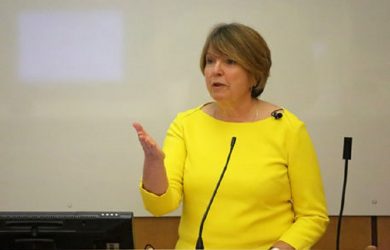News
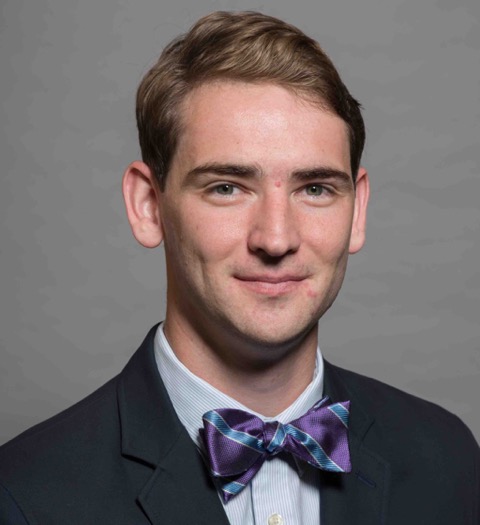
Benjamin Cocanougher
- Alumni
- United States
- 2016 PhD Zoology
- St Catharine's College
I grew up catching praying mantises and damselflies in rural Kentucky. As an undergraduate at Centre College, I majored in Biochemistry and Molecular Biology; I spent my summers taking care of sick children at the Center for Courageous Kids and doing research in organic chemistry and neuroscience. I matriculated directly to the University of Rochester School of Medicine and Dentistry and completed my first three years of medical school. I then moved to Janelia Research Campus as a HHMI Medical Research Fellow; there I studied the neural and genetic bases of behavior. As a PhD student in Zoology, I will study adaptive behavior. All animals integrate information about past experience into future decisions; this is the basis of learning and memory. I am proposing to write a specific memory and read the memory trace in the brain. I will use the fruit fly as a model organism. By understanding mechanisms of memory storage, we can begin to investigate changes in memory formation in disease; this may allow us to develop rational therapies for disorders of memory formation, including autism and Alzheimer’s disease. After completing my PhD, I will return to finish my last year of medical school and pursue a career as a child neurologist and neuroscientist, using my lab to better understand the patients I see in clinic.
Previous Education
Centre College
- Share
Latest News
From computer bugs to high altitude archaeology
Four Gates Cambridge Scholars will address the need for new approaches to migration history, how to understand computer bugs, how to address global food demand and high altitude archaeology at […]
A tradition under threat
When Tala Jarjour was thinking about a topic for her PhD on sacred Christian music in the Middle East she spoke to a bishop about where she should focus her […]
Scholar named in top 100 global AIDS campaigners
A Gates Cambridge Scholar has been named one of the top 100 AIDS advocates in the world. Amirah Sequeira [2014] was named one of the Poz 100 list honorees by […]
From the hospital to the lab
Lauren Zeitels has very personal reasons for trying to bridge the gap between medicine and research. Her grandmother developed dementia when she was younger. As an undergraduate in a laboratory […]
Prize for breastfeeding device that delivers life-saving medications
A Gates Cambridge Scholar has been awarded a prestigious national engineering impact award for her work on a device which aims to deliver life-saving medications and nutrients to breastfeeding infants. […]
Top female entrepreneur to address Scholars
One of the world’s top 200 women entrepreneurs – and the top female entrepreneur in Canada for two years running – will be speaking at an event for Gates Cambridge […]
The time to act on climate change is now
Urgent action is needed to press for a reduction in carbon emissions ahead of next year’s UN climate summit in Paris, Dame Barbara Stocking told a packed audience at the […]
Five Scholars tell their stories
Surviving narcotrafficking in the Colombian jungle, moving from corporate law to academia, an adventure on the Trans-Siberian railway and growing up with siblings adopted from disadvantaged families in Chicago will […]
Researchers use simple chemicals to minimise organ damage following heart attack and stroke
Scientists have identified chemicals that could protect vital organs from long-term damage following a heart attack or stroke, according to a new study on which Gates Cambridge Alumnus Edward Chouchani […]
Poetry and conflict
Three Gates Cambridge Scholars have set up a new reading group which focuses on the role of poetry in conflict, looking at how ethics might relate to poetry. Poethics, which […]









